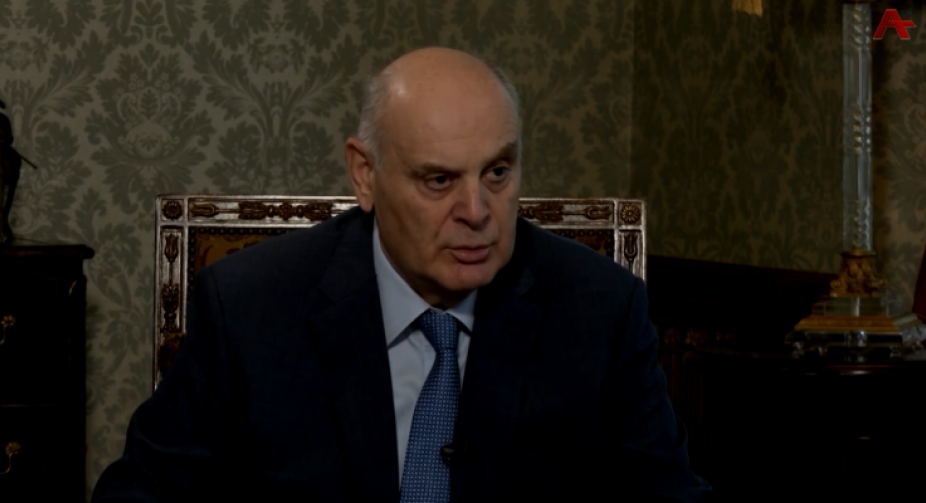Aslan Bzhania, the de facto President of Georgia’s currently Russian-occupied Abkhazia region, this week emphasized the obligations the “alliance with Russia” placed on the region, ahead of the planned adoption of a foreign agents bill targeting the United States Agency for International Development and other, foreign-funded organizations or entities.
Bzhania pointed out USAID had been prohibited in Russia since 2012, noting “in these challenging circumstances, amidst what is essentially a large-scale conflict, can we, as allies and strategic partners, permit the operations of an organization hostile to Russia, acting unfriendly here, on Abkhazian soil?
Similar to Russia, Moscow has been urging Sokhumi to enact legislation akin to the Foreign Agents Registration Act in recent years, both directly and indirectly. The response from Abkhazia's civil society to the potential enactment of such a law has been sharp.
Several weeks ago, Bzhania submitted the related bill to the [de facto] parliament, which says non-commercial organizations may be designated as engaging in activities of foreign agents if they receive funding or other assets from foreign entities outlined in Article 5 of the law and engage in political activities within the de facto republic in the interest of foreign entities.
The Georgian Dream ruling party also intended to adopt the foreign transparency bill in the spring of 2023, sparking rallies in the Georgian capital. The party was later forced to reject the bill.
Following the implementation of such a law in Russia, independent media and civil society organizations virtually vanished in the country. This regulation has been actively utilized to target private individuals, resulting in the emigration of thousands.






